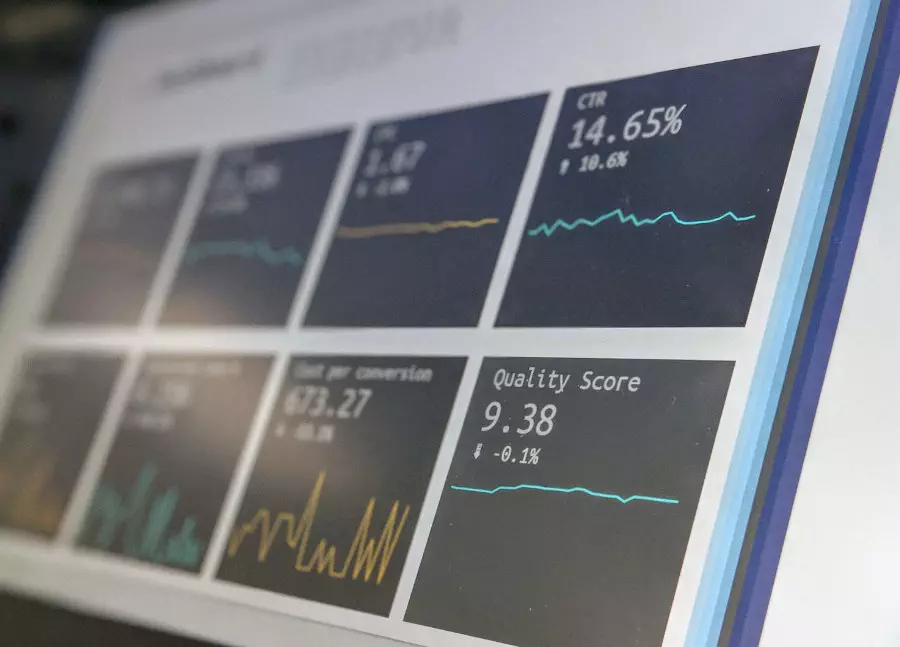
AI in Elementor: The Future of Website Building
Artificial intelligence (AI) is rapidly changing the world, and the field of website building is no exception. In recent years, there have been a number
In today’s fast-paced digital world, the speed at which a website loads can have a huge impact on its success. Not only do slow loading times frustrate users and drive them away, but they can also hurt a website’s search engine rankings. This is where page speed scores come in.
Page speed scores, also known as page load time or page load speed, measure how long it takes for a website to fully load and become interactive for a user. These scores are typically calculated by analysing the performance of a website on different devices and browsers, and they take into account factors such as the size of the website, the number of HTTP requests it makes, and the server response time.
There are a number of tools available for measuring page speed scores, including Google PageSpeed Insights, Pingdom, and GTmetrix. These tools provide detailed analysis of a website’s performance and offer suggestions for improving its speed.
So why are page speed scores so important for websites? Here are a few key reasons:
So how can businesses improve their page speed scores? Here are a few tips:
In conclusion, page speed scores are an important factor for any website. By optimizing a website’s page speed, businesses can improve user experience, search engine rankings, and conversion rates. By following best practices and utilising tools like Google PageSpeed Insights, businesses can ensure that their website is performing at its best


Artificial intelligence (AI) is rapidly changing the world, and the field of website building is no exception. In recent years, there have been a number

In today’s digital age, having a well-designed and functional website is crucial for any business, including those in the legal industry. With the rapid advancements

Flexbox containers have become a popular tool in web development, and their use has recently been integrated into Elementor, one of the most popular page

Web design plays a crucial role in the success of Life Sciences and Biotech businesses. A well-designed website can attract potential clients, establish credibility, and

In today’s digital age, a well-designed website is a crucial component of any business, including IT Support companies. A website serves as the online face

The software-as-a-service (SaaS) industry has been booming in recent years. SaaS allows users to access and use software applications on a subscription basis, without having

Bringing together creativity, WordPress Web Design expertise and a wealth of Digital Marketing experience since 2011. We guarantee stellar customer service to everyone we work with, from small startups to global SaaS giants.